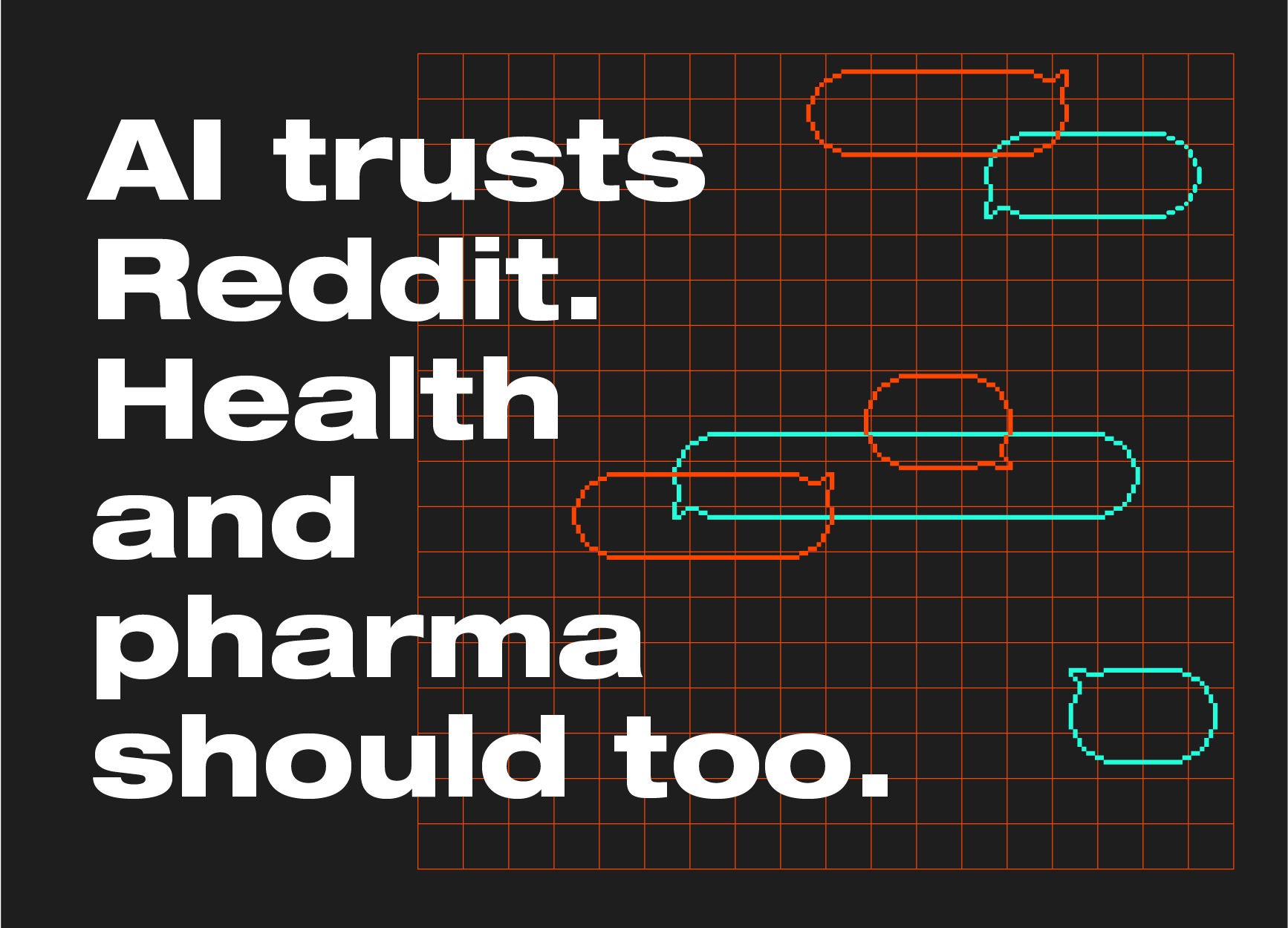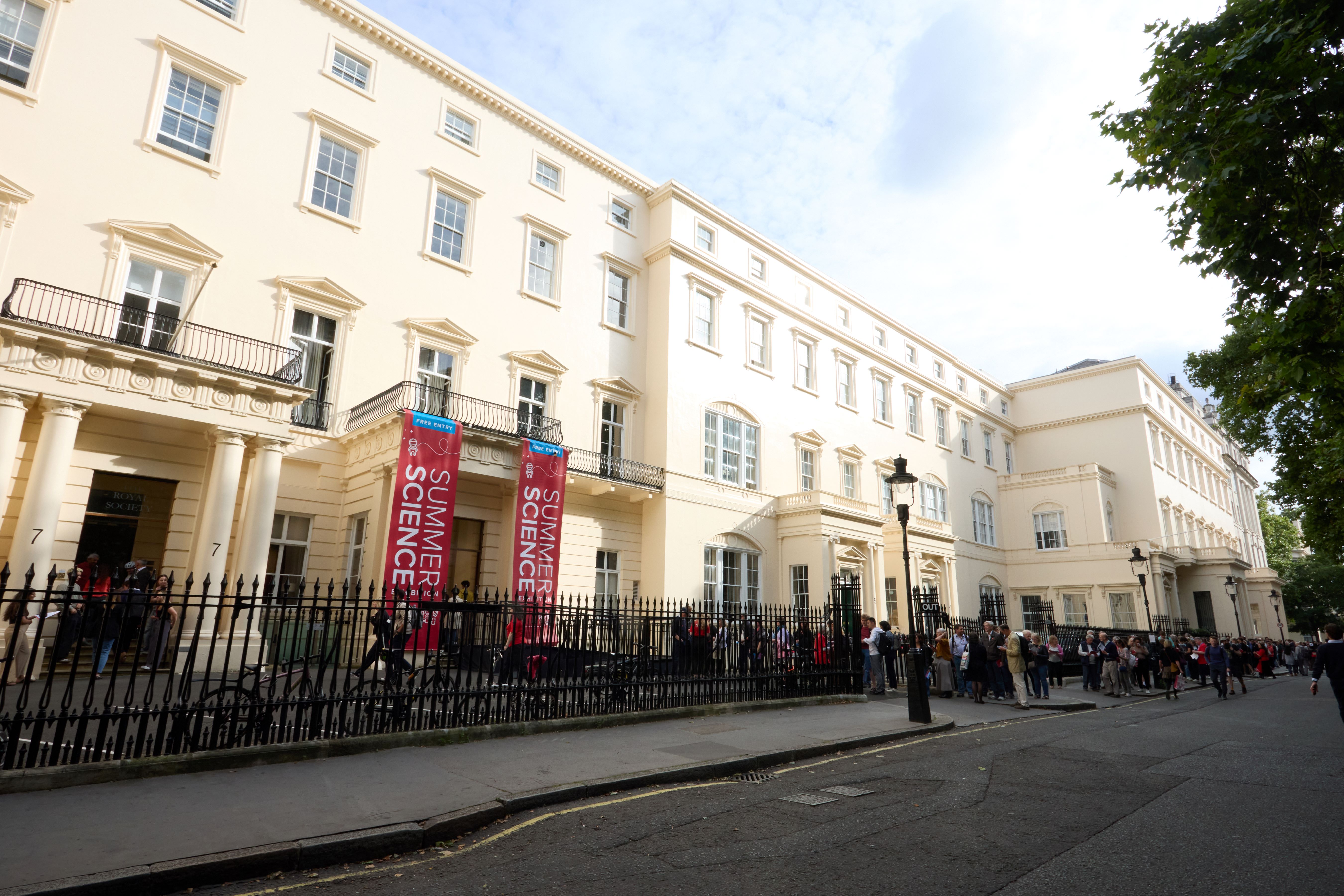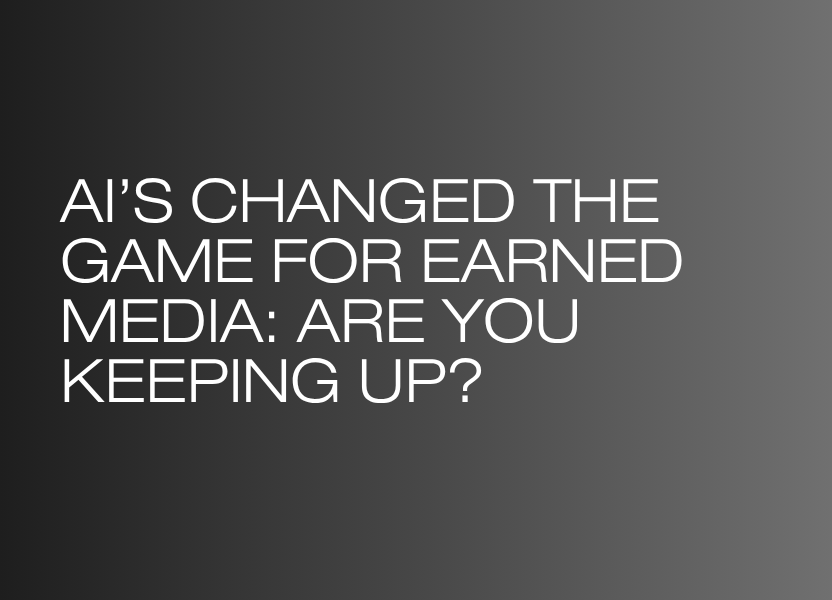The infodemic: Can pharma find the cure?
"We’re not just fighting a pandemic; we’re fighting an infodemic,” said Tedros Adhanom Ghebreyesus, Director-General of the World Health Organization (WHO) in February 2020. Two years on and not much has changed. Despite some efforts from social media giants like Facebook and Twitter to crack down on health misinformation, spotting and effectively debunking this content is increasingly challenging.
According to a 2021 WHO study, more than half (59.1%) of Gen Z and Millennials are ‘very aware’ of ‘fake news’ surrounding COVID-19 and can often spot it. The challenge is in recruiting them to actively counter it, rather than letting it slide, with over a third (35.1%) choosing to just ignore it.
Side effects of this infodemic include greater distrust in government information, poorer mental health and the rise of conspiracy theories. These theories have emboldened anti-vaxxers and encouraged vaccine-sceptics, contributing to lower vaccine uptake, higher hospitalisation rates and a drawn-out pandemic.
But COVID-19 is only the most recent example of the dangers of health misinformation online. Misinformation isn’t going anywhere – outrageous, fearmongering content gets engagement which provides revenue for social platforms. To counter this, we need to teach people how to not only identify false health information, but actively challenge it. We need to increase health literacy.
Cue the pharma industry.
There is not only a moral but a business obligation to increase health literacy. Many impacts of health misinformation and poor literacy are at the expense – literally and reputationally – of pharma companies that rapidly brought life-saving vaccines to market. Increasing health literacy can help people:
- Identify and evaluate health claims
- Feel empowered and motivated to counter misinformation
- Have more productive conversations with healthcare professionals.
Start by leveraging social media. Unbranded campaigns, short-form video – yes, especially TikTok – health influencer partnerships and live workshops should complement additional offline efforts.
The same WHO study cited earlier found 43.9% of people find scientific content worthy of sharing. If health literacy information can be created in the formats people want to use, by people they trust, with tangible actions, there’s a fighting chance of tackling the infodemic.
You’re up, pharma. And we’re here to help.
Originally published in Pharmaceutical Market Europe on 16 May 2022.




